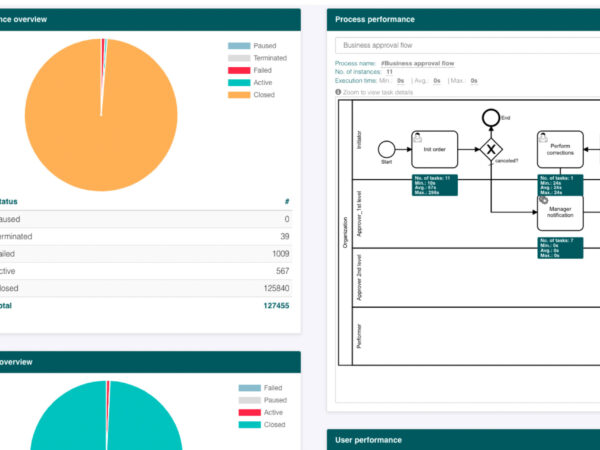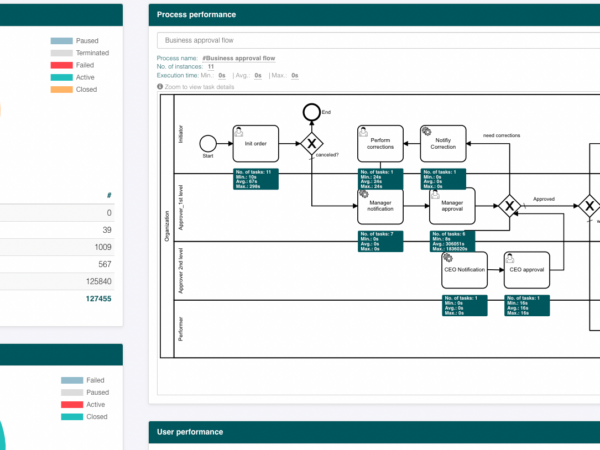For years, business process management (BPM) technologies have been fundamental to the digital transformation strategies of numerous organizations. The implementation of BPM software is pivotal in refining existing processes, leading to significant improvements in business outcomes. By leveraging a powerful BPM tool, companies can craft process models and designs that seamlessly align with their broader business strategy.
A BPM workflow engine orchestrates and automates a wide range of services, from microservices and API-managed operations to integrations with legacy software and modern SaaS platforms. This capability allows businesses to automate numerous activities, enhancing efficiency and reducing error rates.
In today’s dynamic business environment, continuous process improvement is crucial. BPM software provides essential tools for process optimization, enabling organizations to swiftly adapt to shifting market conditions and internal demands. Real-time data and analytics play a key role in performance monitoring and informed decision-making.



